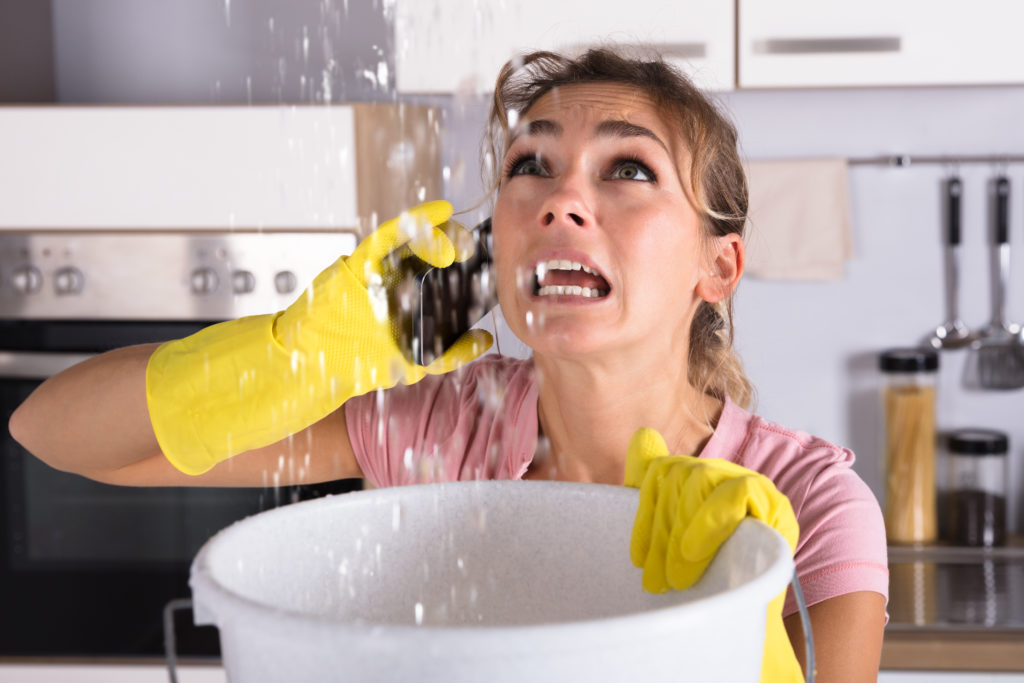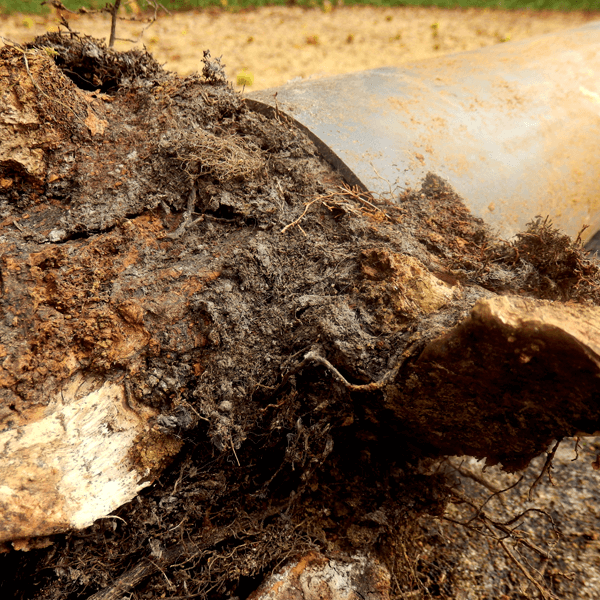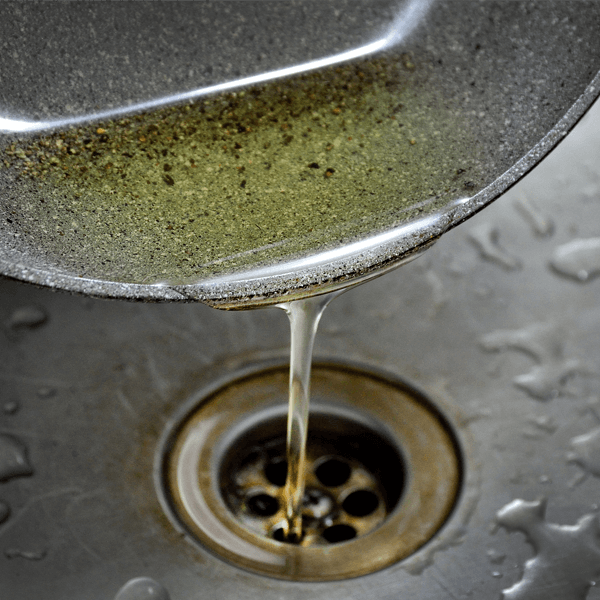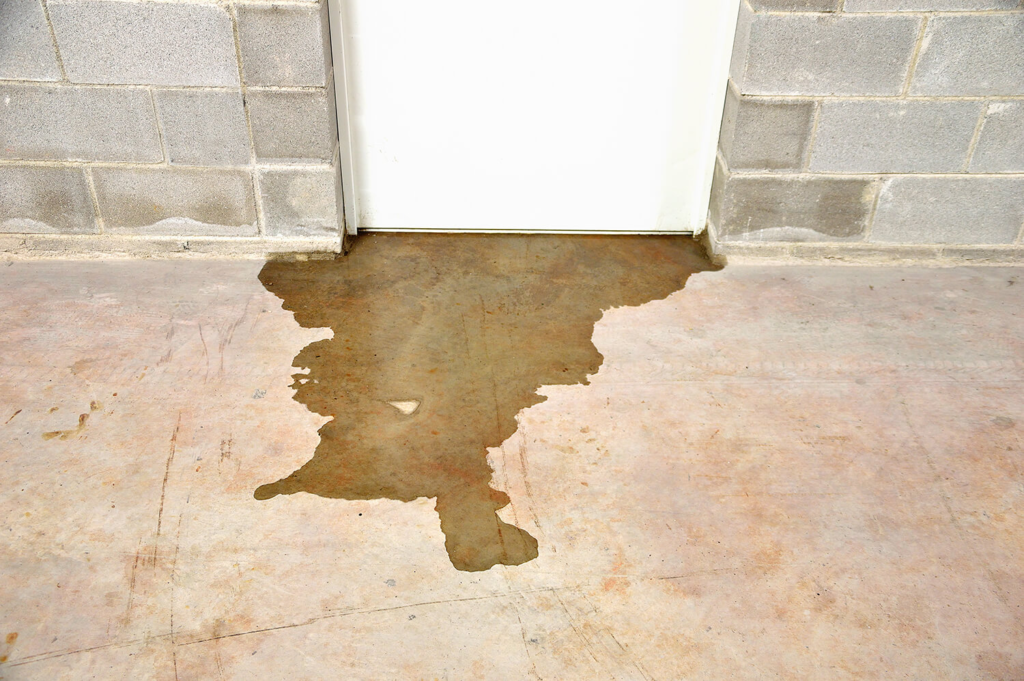Any room in the home can experience a flood. However, bathrooms, kitchens, utility rooms and basements are the most common.

Bathroom
Bathrooms are at a higher risk of becoming flooded, due to the volume of water traveling to and from this area of the house.
If plugs are put in and taps are left on and forgotten about, it can lead to disaster.
Flooding can be caused by burst pipes, due to faulty plumbing or blockages.
Bathrooms can also experience sewage back ups.
There are a lot of reasons why water damage can occur in a bathroom and not all are the result of a flood. Leaking pipes and damaged seals can result in small to large amounts of water damage. If this is not dealt with correctly or it cannot be seen, it can lead to mould growth and damage to building materials.
Kitchen and Utility Room
Similar to bathrooms, kitchens and utility rooms are also at a higher risk of becoming flooded, due to the volume of water traveling to and from this area of the house.
There is also the possibility of a malfunction of machinery, as these rooms are often home to washing machines and dishwashers.
Basement
Flooded basements are extremely common as they are the lowest point in the home. Flooding in a basement can be caused by external flooding, a sewage back up, a water supply leak, unmaintained foundation or seepage through the walls and floor.
Could it be contaminated water?
With any flooding in the home it is important to identify the cause of the flood early on. If it is the result of a sewage back up then the water will be contaminated and it is important this is dealt with accordingly. Sewage water contains a number of viruses, bacteria and parasites that can make you very ill. The appropriate personal protective equipment would need to be worn.
When dealing with sewage water it is advisable to call in a professional sewage cleaning company.
What is a sewage back up?
When wastewater leaves your home, it is taken for granted that it will enter the sewage system and travel onwards until it reaches a treatment plant.
However, sometimes this doesn’t go to plan, resulting in a sewage back up into your home. The sewage can return to your home through toilets and plug holes.
Common causes of a sewage back up
There are many reasons why a sewage back can happen, the most common causes are:
Tree Roots
Tree roots are naturally drawn to water sources so they are commonly found near underground pipes. Tree roots can grow around the pipes or find their way into the pipes through small cracks, resulting in crushed or blocked pipes.

Faulty Plumbing
Sometimes issues with plumbing cans result in sewage being pushed back into your home.
Blocked Drains
Drains can become blocked when incorrect items are flushed away, most commonly sanitary towels, nappies and kitchen towels. Pipes are also commonly blocked with hardened fats, grease and hair.

Sewage back ups can also occur when large volumes of water enter the sewage system at speed, such as heavy rainfall. This can overwhelm the system causing sewage water to flow back up into the home.

It is vital to deal with signs of a problem with your sewage system quickly, in order to prevent this becoming a disaster. Some of these signs include a nasty ‘sewage’ smell, bubbling drains and slow draining water.
For more information on this and to find ways to mitigate your chances of a sewage back up, take a look at our article ‘Common Causes of Home Sewage Back Ups’.
What to do if you experience a flood?
- Block off the area.
- Turn off the water supply.
- Turn off the electricity, only if it is safe to do so.
- Keep the area well ventilated.
Speak to your insurers - insurance companies have different requirements when dealing with claims. Before you instruct any work to be done it is important to find out exactly what they will allow. Your insurance company will also advise what they require with regards to photos and proof of damage to support your claim.
Call in the professionals. It may be tempting to tackle the damage yourself. However, the water can travel to a lot of areas within the home, including under the floors and behind walls. If this is not dealt with correctly and dried thoroughly, it can lead to secondary damage, including damage to building materials and mould growth.
Why should you use Flood Dr?
Flood Dr will deal with the whole situation, including assisting you with insurance claims.
We offer a sewage cleaning service, which includes water extraction, full decontamination and thorough drying of the property.
We can use different advanced drying methods, which can often limit the amount of strip out work required.
We will not only remediate the issue, we will also carry out restoration works to get your property back to its condition, pre incident.
Call us today for more information on our flood and water damage clean up services.






